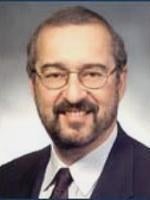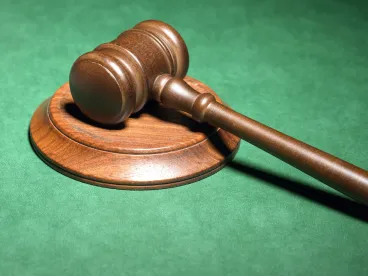The Supreme Court of the United States has granted a petition for certiorari to consider whether 28 USC § 1400(b) is the sole and exclusive provision governing venue in patent infringement actions in light of amendments made to 28 USC §1391(c) in 2011. TC Heartland LLC v. Kraft Food Brands Group LLC, Case No. 16-341 (Sup. Ct., Dec. 14, 2016) (cert. granted).
The Supreme Court will review the US Court of Appeals for the Federal Circuit’s April 2016 decision in In re: TC Heartland, LLC, which concluded that certain changes made to the general venue statute (§ 1391) in 2011 did not affect the Federal Circuit’s 1990 ruling in VE Holding v. Johnson Gas Appliance, a case in which the appellate court held that the patent venue statute (§ 1400) is governed by the definition of “resides” in § 1391.
Background
In its 1957 decision in Fourco Glass v. Transmirra Prods., the Supreme Court considered the patent and general venue statutes. Since a time prior to Fourco, the patent venue statute has stated that an action for patent infringement may be brought in the judicial district “where the defendant resides” or where it has committed acts of infringement and has a regular place of business. In Fourco, the Supreme Court concluded that the patent venue statute was not supplemented by the general venue provision, § 1391. At the time of the Fourco decision, the general venue statute stated that a corporation may be sued in any judicial district where it is incorporated, is licensed to do business or is doing business, and that “such judicial district shall be regarded as the residence of such corporation for venue purposes.”
In 1988, Congress amended the general venue provision for corporations, defining the term “resides,” for the purpose of corporate defendant venue determinations, as any place where a court has personal jurisdiction over the corporate defendant. In VE Holding, the Federal Circuit concluded that this amendment overturned Fourco and that for purposes of determining proper venue for corporations, the issue was one of personal jurisdiction.
In 1994, in Beverly Hills Fan v. Royal Sovereign, the Federal Circuit explained that personal jurisdiction exists wherever an infringing product is made, used or sold.
In 2011, Congress again amended § 1391, adding the language “[f]or all venue purposes” to the beginning of § 1391(c) on residency, and the language “[e]xcept as otherwise provided by law” to the beginning of § 1391(a).
In its TC Heartland panel decision, the Federal Circuit affirmed VE Holding and rejected the argument that the 2011 amendments to § 1391 limit the patent venue statute.
The Supreme Court will now decide whether 28 USC § 1400(b) is the sole and exclusive provision governing venue in patent infringement actions or whether it is supplemented by 28 USC § 1391(c).
Note: Many amici have supported TC Heartland’s cert petition on the basis that the existing Federal Circuit rule encourages forum shopping by patent owners in patent cases. Although the case does not involve the US District Court for the Eastern District of Texas (ED TX), where more patent suits are filed than in any other court, a decision restricting venue would likely dramatically affect that court, as almost none of the corporate defendants that are presently forced to litigate there would be subject to venue in ED TX.




 />i
/>i

